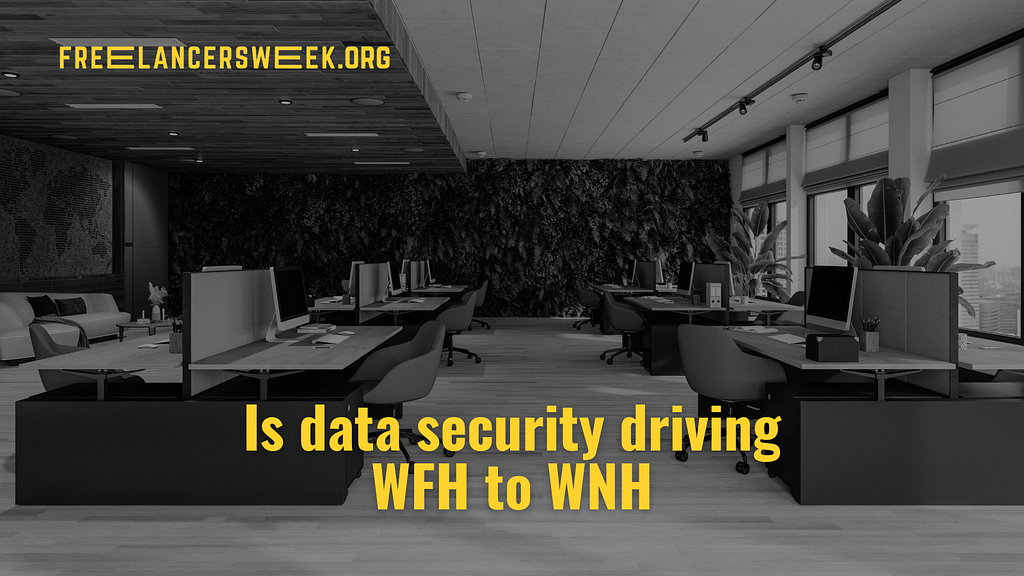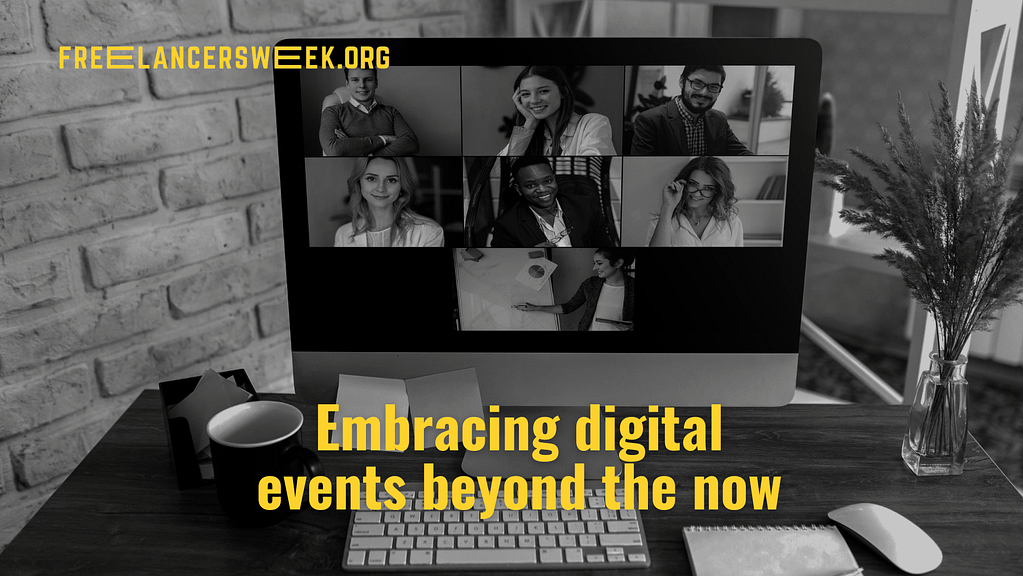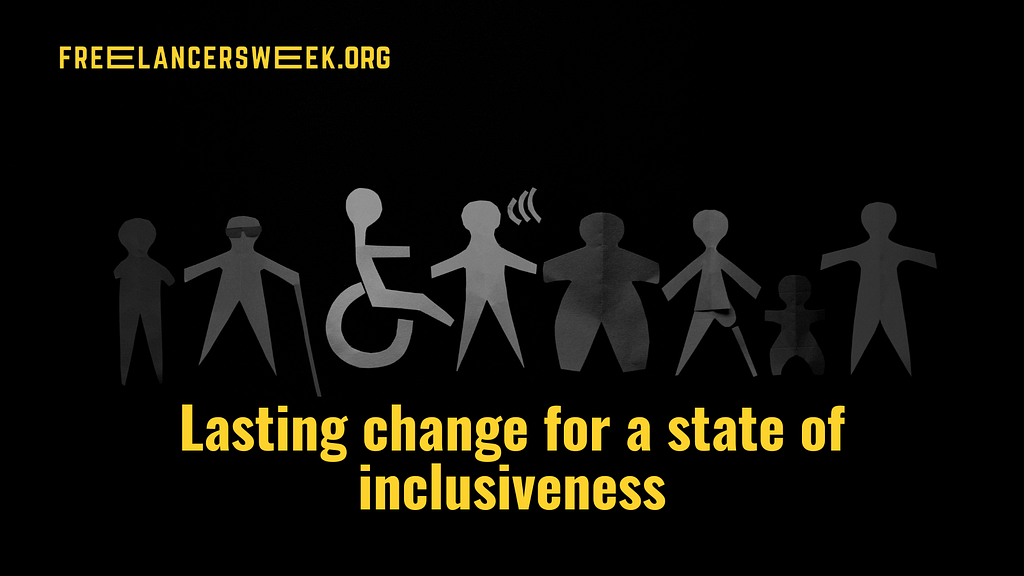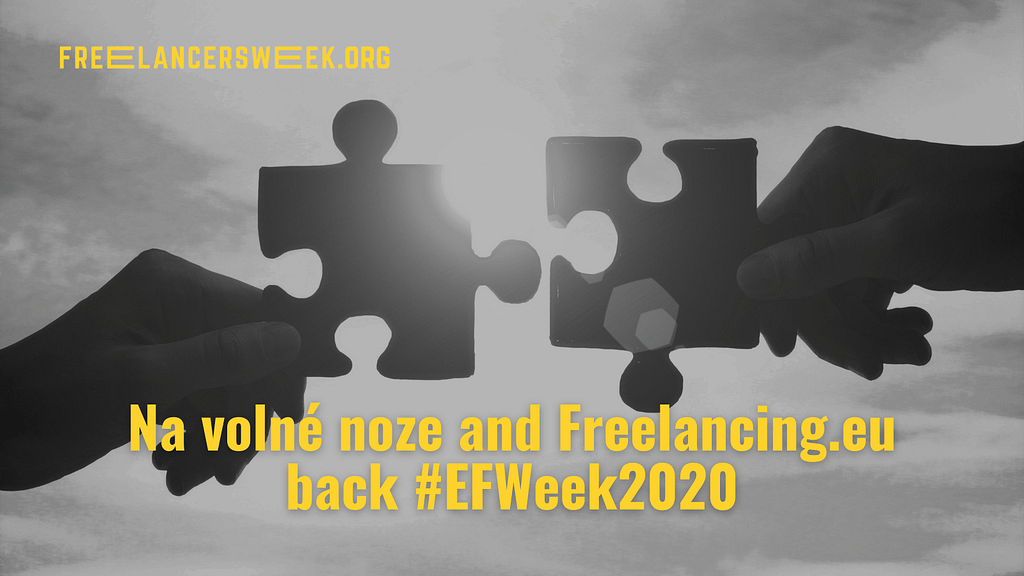Just when you think you’ve cottoned on to a trend, it changes again! In 2020 we saw the mass exit of employees from the workplace. Office staff of almost every profession set up workstations in homes of every shape and size, regardless of occupancy, while the Coronavirus gripped the world. Now, after more than eight months employees and even freelancers are seeking alternatives to the WFH (Work from Home) solution they were suddenly forced into. This new remote workforce is driven by a number of needs and concerns, and is influencing the next big trend – WNH, or work near home.
Traditional office space
The traditional workforce travels into an office space, often located in a central part of the city, loaded with comfortable office furniture, surrounded by colleagues and connected to secure internet. How on earth were employees going to keep the business running from home?
Sceptical employers were proved wrong, learning that staff can be productive when working from another space that is not their office (in fact there has been an increase in productivity). This realisation is offering many organisations the opportunity to re-evaluate their real estate needs. For example, if an office is centrally located and geared for meetings and presentations, this ‘hub’ space can be significantly smaller. With hyperlocal workspaces potentially branching off North, South, East and West of the city center – or whatever works best for the company demographic – smaller ‘spoke’ spaces help reduce long commutes and also reduce company expenditure.
Work from home space
Working from home, whether a remote employee or a freelancer – requires a good set up, and a space that encourages productivity and contributes to a healthy wellbeing – good posture, adequate space and lighting. A stable internet connection, one that keeps employer data secure, should be the number one priority for anyone working remotely. Sensitive information and confidential data is at risk while your home WiFi connection bleeds through the building for anyone to access.
Signify, provider of LiFi, a stable and secure wireless internet technology transmitted over light waves, conducted a survey with 1,161 respondents from their company, in relation to the WNH topic. What they discovered was astonishing –
- Just over 30% of respondents experience significant or severe productivity loss as a result of WiFi connectivity issues.
- 64% NEVER change their router password! (when last did you change yours?)
Clearly employees’ greater concern about the stability of their WiFi signal would drive them to seek a WNH space. While employers are much more focused on the security aspects of WFH, and the potential exposure of company data.
Enter, coworking spaces
With the expected influx of so many new corporate WNH employees, one could anticipate that spaces will be filled with the jibber jabbering of Zoom and MS Teams calls, seeing as though virtual meet-ups are now the norm, and this greatly increased data consumption makes a steady connection of utmost importance.
Along with this, spaces now also need to consider the intricacies of internet security for their growing audience as companies, remote workers and freelancers become more security conscious. We know how important it is to find a safe workspace.
Because LiFi connectivity is carried over light waves and not radio waves like WiFi, an uninterrupted connection is guaranteed. This innovative wireless connection works through a transceiver in the ceiling that pairs with a USB receiver plugged into the device. The beauty of this is that it is ideal to use in public spaces. LiFi is strategically installed in areas where people sit to work, and the unique USB key provides rock-steady access to a secure wireless network that no one else can penetrate.
Whether you are in search of a stable network, where you can log on and get your work done, or you are looking for a secure network where your company’s data is not at risk, work from home issues can be mitigated by making use of the revolutionary technologies available. Coworking spaces enabled with these concerns in mind, will be more ready to welcome the WNH trend about to sweep the globe.





